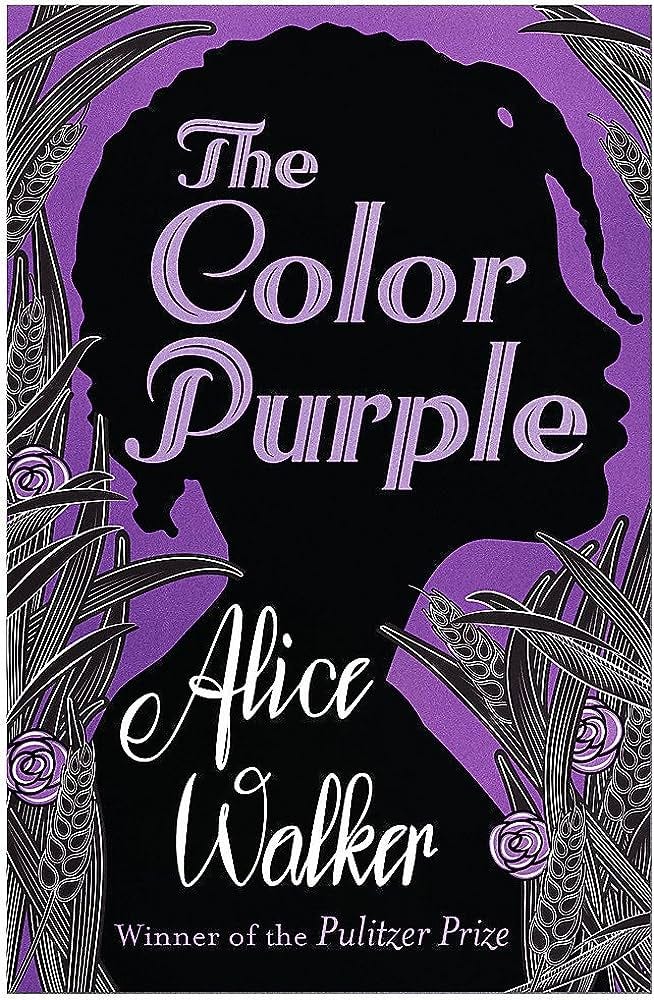Member-only story
Banned Books Week: Alice Walker’s “The Color Purple”

Alice Walker’s The Color Purple has been one of the most and banned challenged books since its debut in 1982. As The Banned Books Project points out, there have been “different reasons for the book being banned, including religious objections, homosexuality, violence, African history, rape, incest, drug abuse, explicit language, and sexual scenes.” The bans and challenges to The Color Purple, as we know, have nothing to do with the actual content of the novel. These bans and challenges arise from the fear that The Color Purple and other works hold a mirror up to those who attempt to ban the book. That mirror reflects white supremacy back at the person standing in front of it, and the white person looking at themselves in the mirror fears what the reflections says about themselves.
In 2013, Brunswick County North Carolin Commissioner Pat Sykes attempted to remove The Color Purple from local schools. Sykes called Alice Walker’s Pulitzer Prize winning novel, “Trash in, trash out,” and that “[t]o me, we should have standards for our kids.” Olivia Cole asks who Sykes means when she says, “we.” Sykes’ “we” does not refer to everyone; rather, it refers to those who uphold a system that is “both white and Christian at its core.” The Color Purple challenges this system, specifically in the ways that it addresses the impacts of white supremacy through Celie, Sofia, and others and the ways that it challenges Christianity in the United States, a Christianity that privileges whiteness.
Thinking about Sykes’ words, Cole asks, “What does whiteness seek to do but center itself? What do we do when decentered, when the mirror held before us reflects something hideous?” This is what Sykes fears. By focusing on the children, saying that the novel is “trash” and that “we should have standards for our kids,” Sykes creates a cover to keep from looking directly at herself and her role within a the system she inhabits because if she did look at her role it would upend her entire being.
Lillian Smith understood this when she wrote about “the giants and pygmies of memory, of belief” that travel with us wherever we go. We must be willing to confront these giants and pygmies and ourselves because when we do we will start to see the reality of the reflection staring back at us. We will have to confront it. We will…
